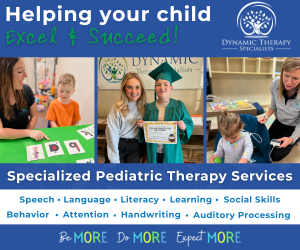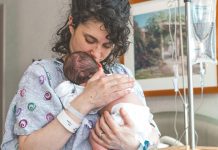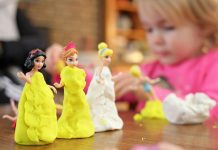As an infant, I was adopted into a loving family. I was raised to be just another member of the family – my mom even forgetting that we weren’t biologically related at times (like the time she was stressing because she thought my unborn baby would have her nose!). I grew up knowing that I really wanted to expand my family through adoption, not even feeling that maternal need to have biological children. As I have entrenched myself in the world of adoption and foster care, I have learned a lot. The most important thing that I have learned is this:
Not all kids who are adopted are orphans. 
Many (maybe even most?) have families who love them, but who are incapable of caring for the child in some way. Many children in orphanages around the world are there because their loving, available parents feel that allowing them to be adopted or live in the orphanage would be better than subjecting them to extreme poverty. (I’m intentionally not even touching on families who are tricked into signing their children away.) There are children who are put up for adoption domestically because their parents feel that they aren’t equipped to give them “the best life” because of their age, relationship status, or support systems. There are children in foster care whose parents have struggles that have become bigger than their ability to care for their child.
I am aware that this is not always the case.
Some children have been truly orphaned due to war, disease, etc. Others have come from homes where the adults have subjected the children to things that are so unimaginable that they will be dealing with the after-effects for the rest of their lives. As foster parents, we see these cases and love these children all too often. These children are in need of stable, permanent homes where they will get the love, healing, patience, and services needed to help them grow and develop to their full potential. (Visit adoptuskids.org to see thousands of kids in just this position – freed for adoption, but with no permanent home to go to.)
But do the others need to be adopted?
Is there a family member who, with proper support, could be that stable permanent home? What if we, as a society, worked to support first families so that these children were able to stay with their siblings, cousins, culture and lifestyle? What if we created support networks for young, single women who find themselves pregnant or drug addicted dads who are ready to make a change?
Adoption is necessary. I truly wish that it wasn’t. I challenge you to look beneath the surface of the situation to find ways that we, as a community, can help children to live in the best situation possible for them.
















